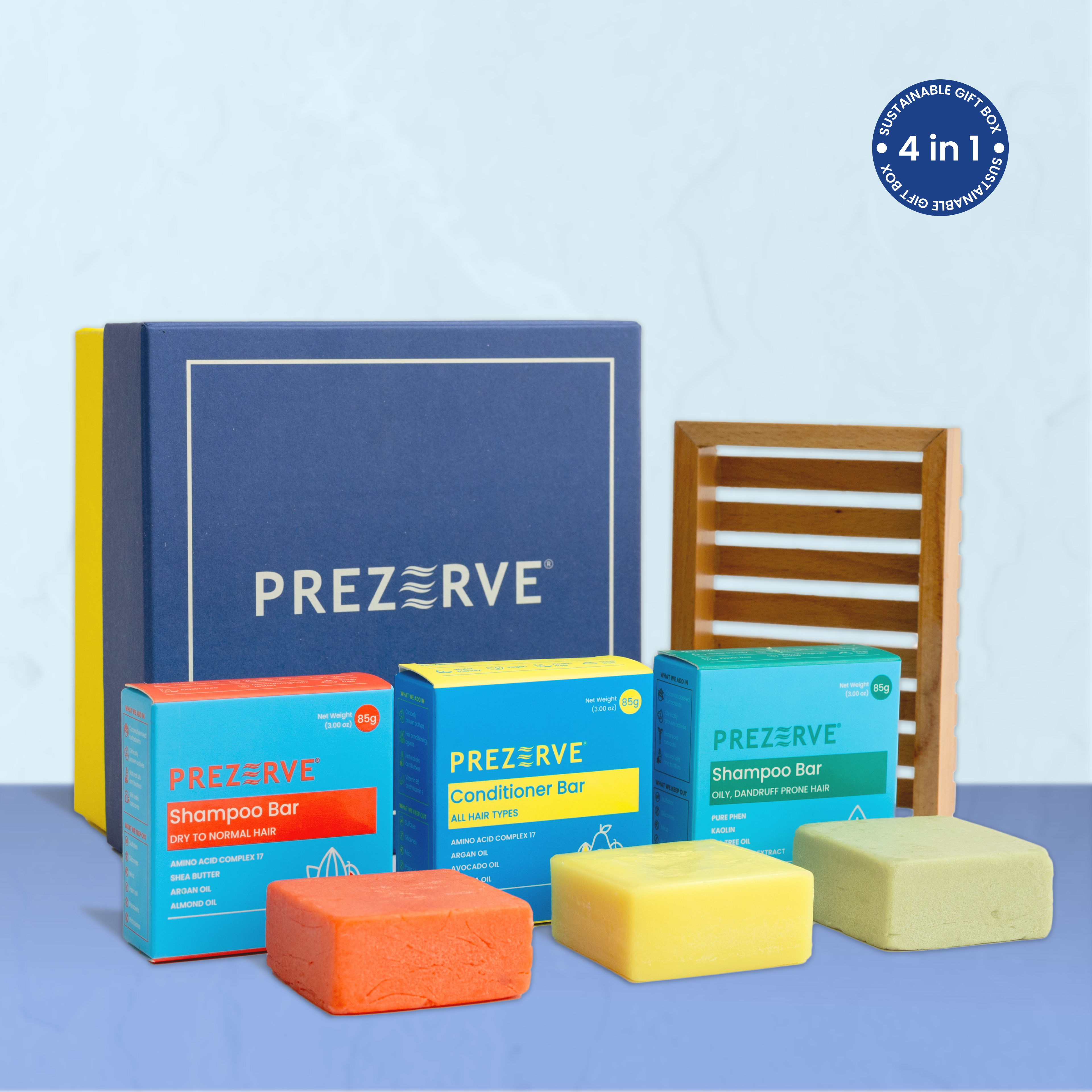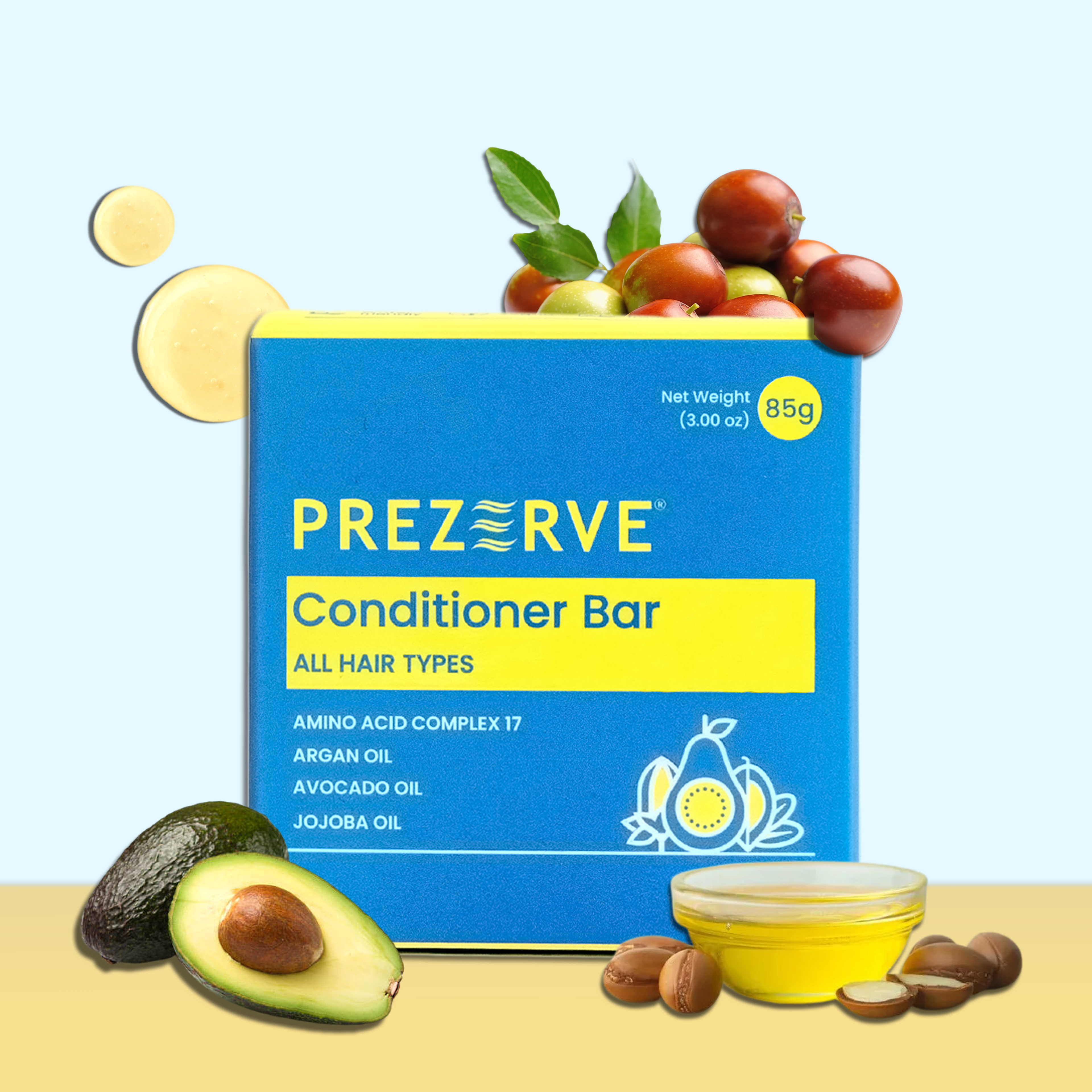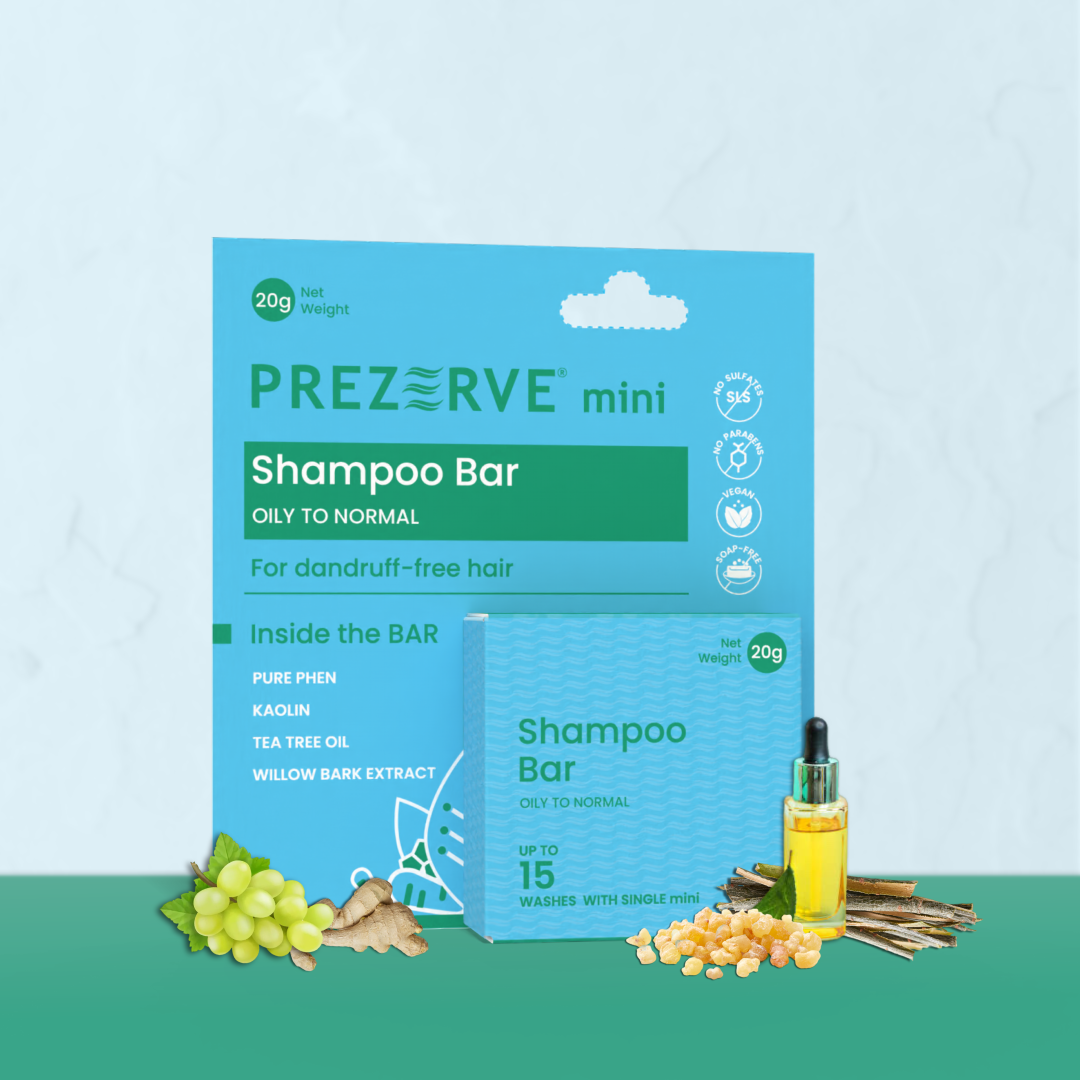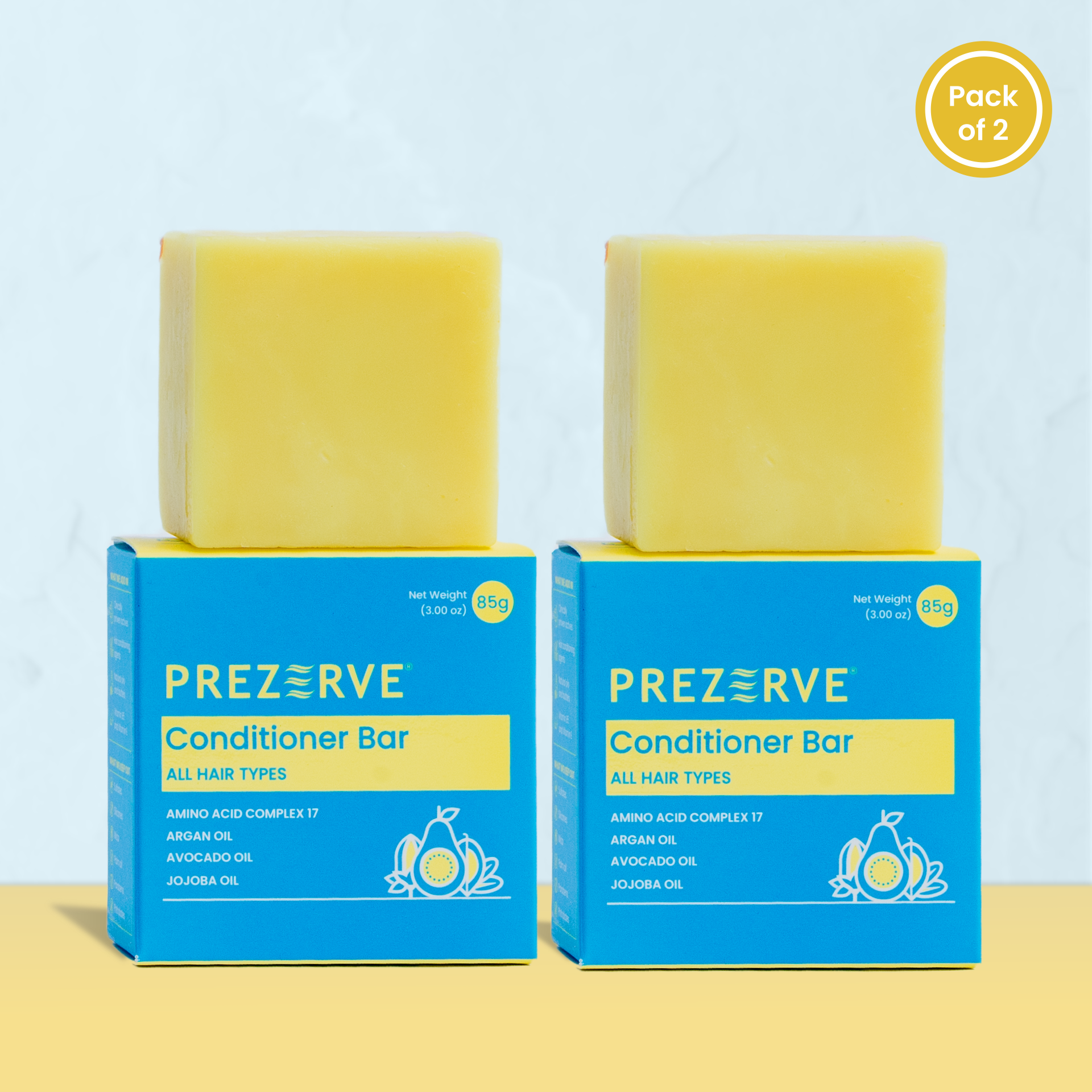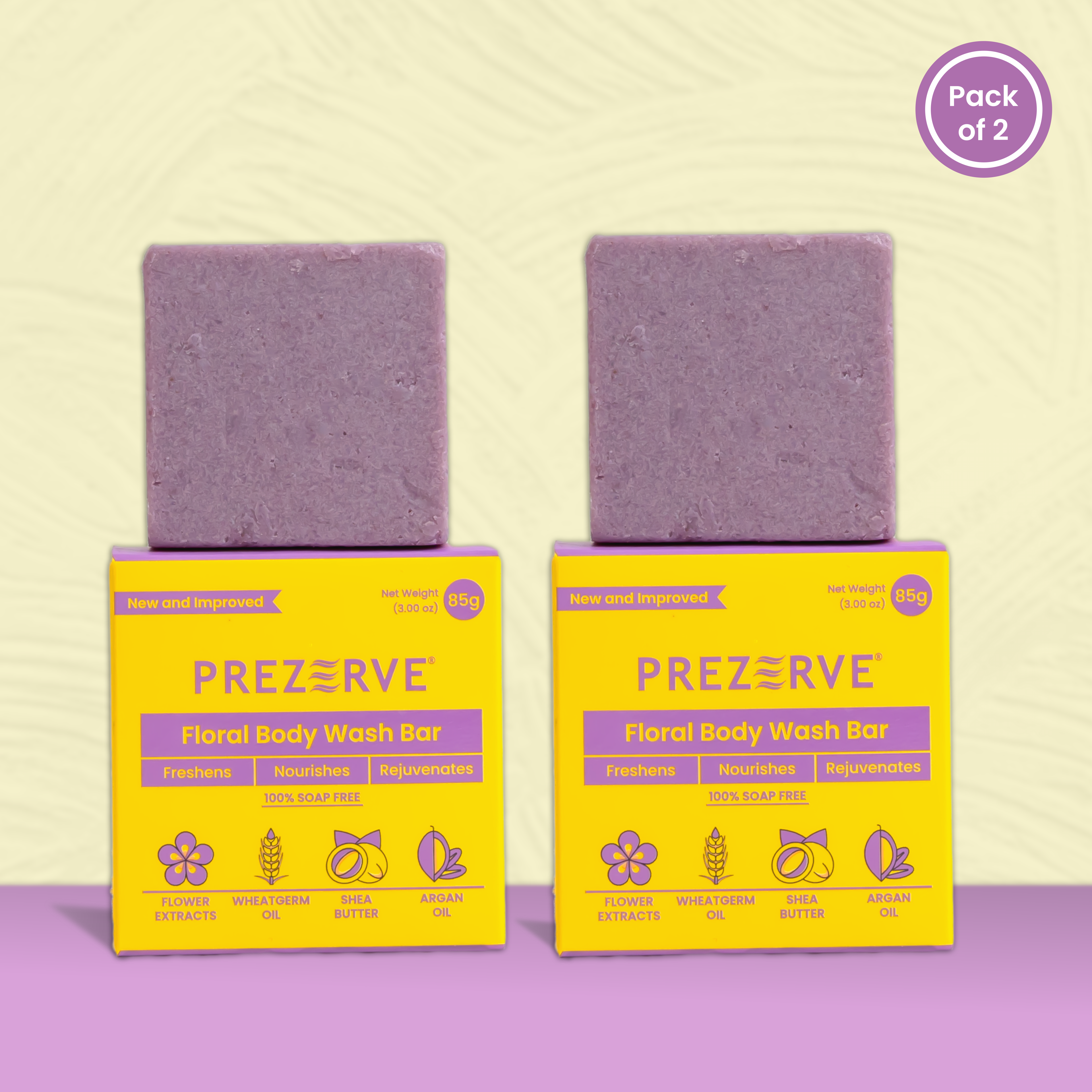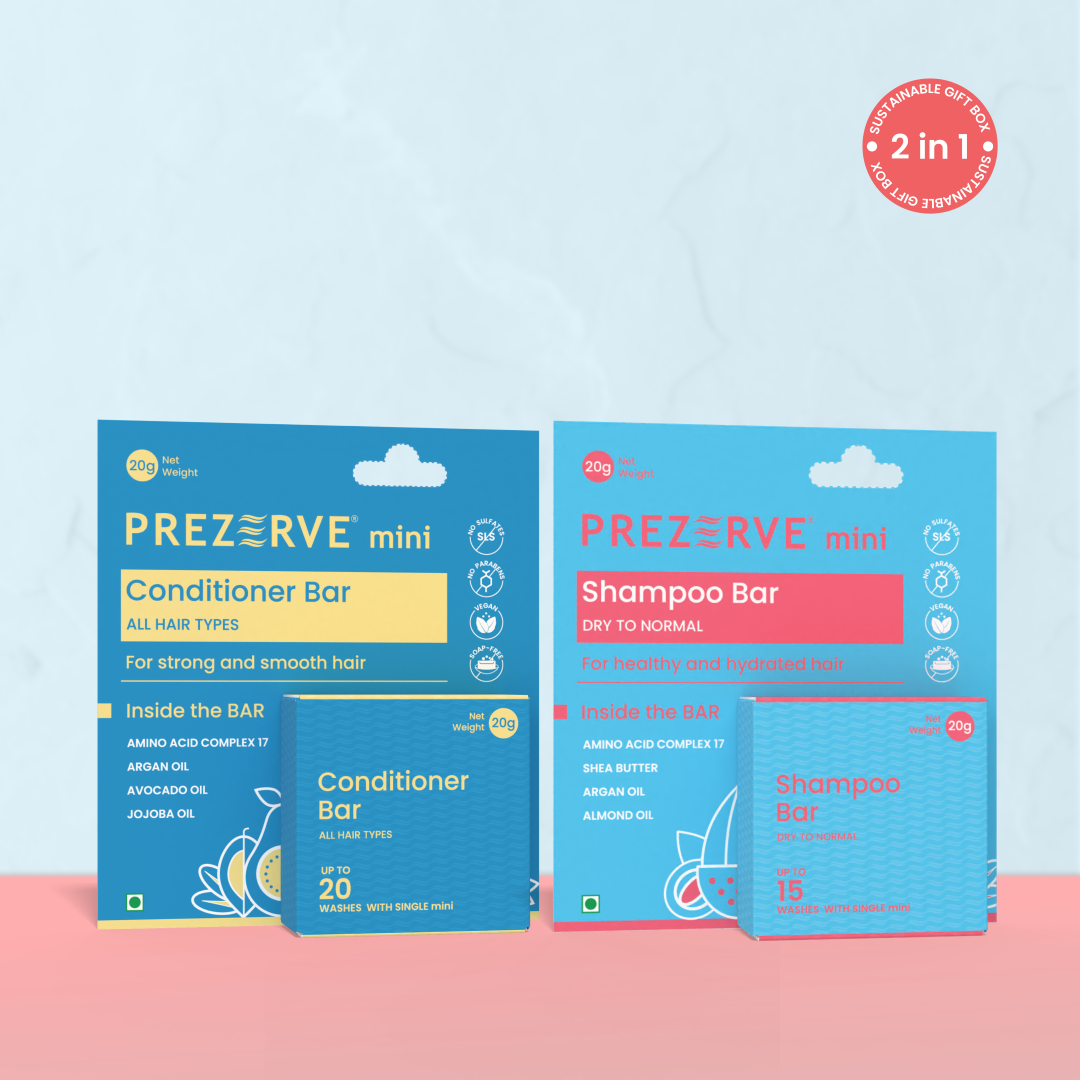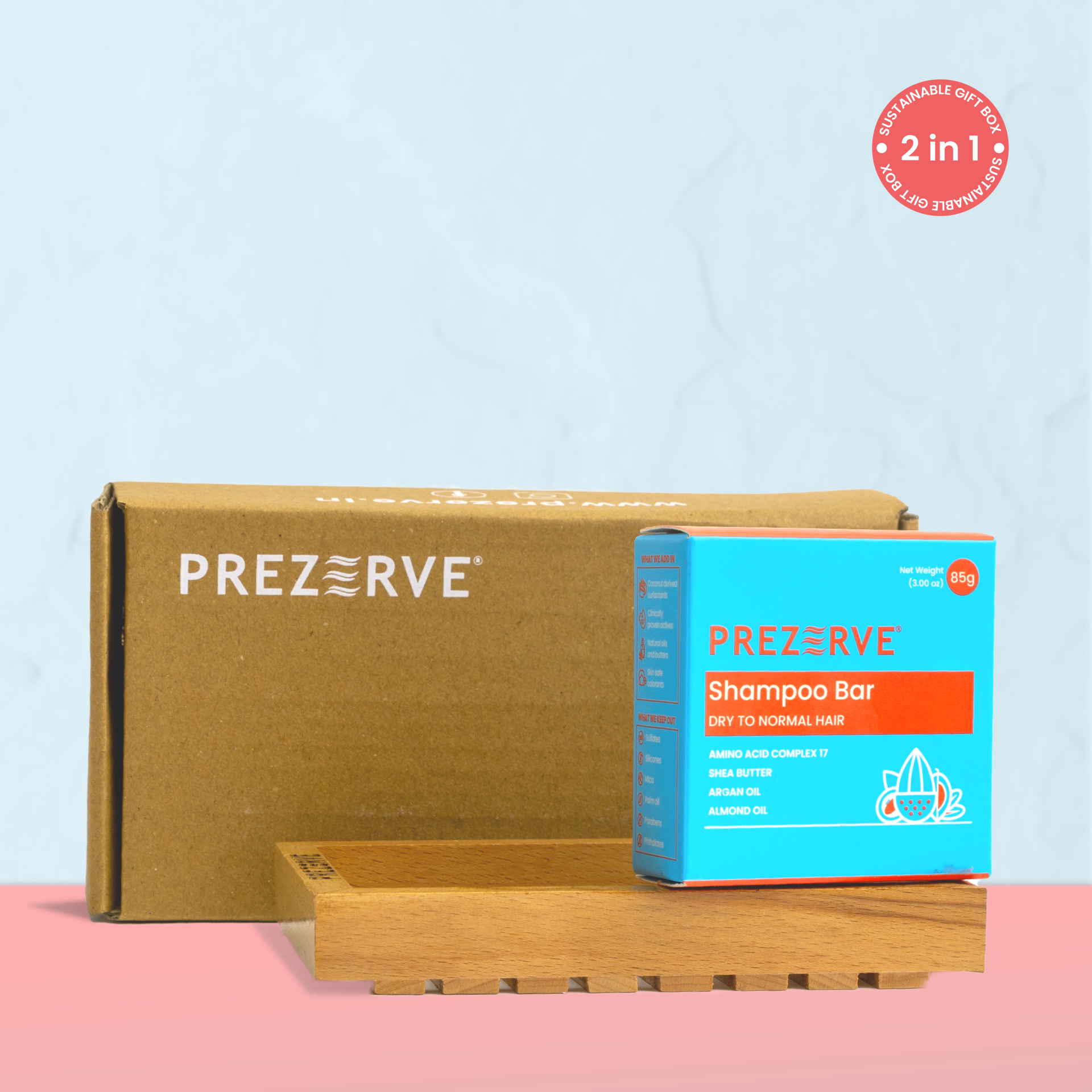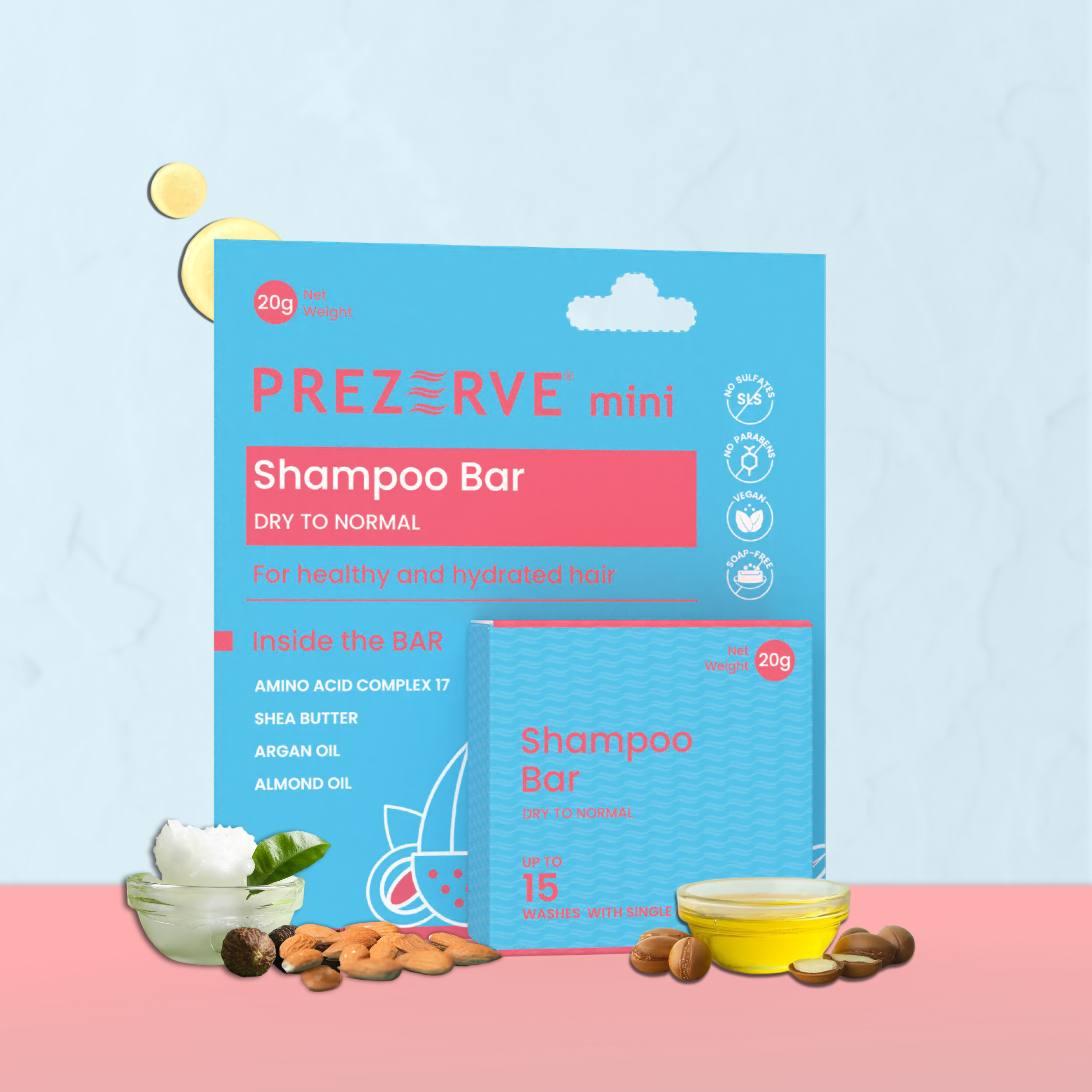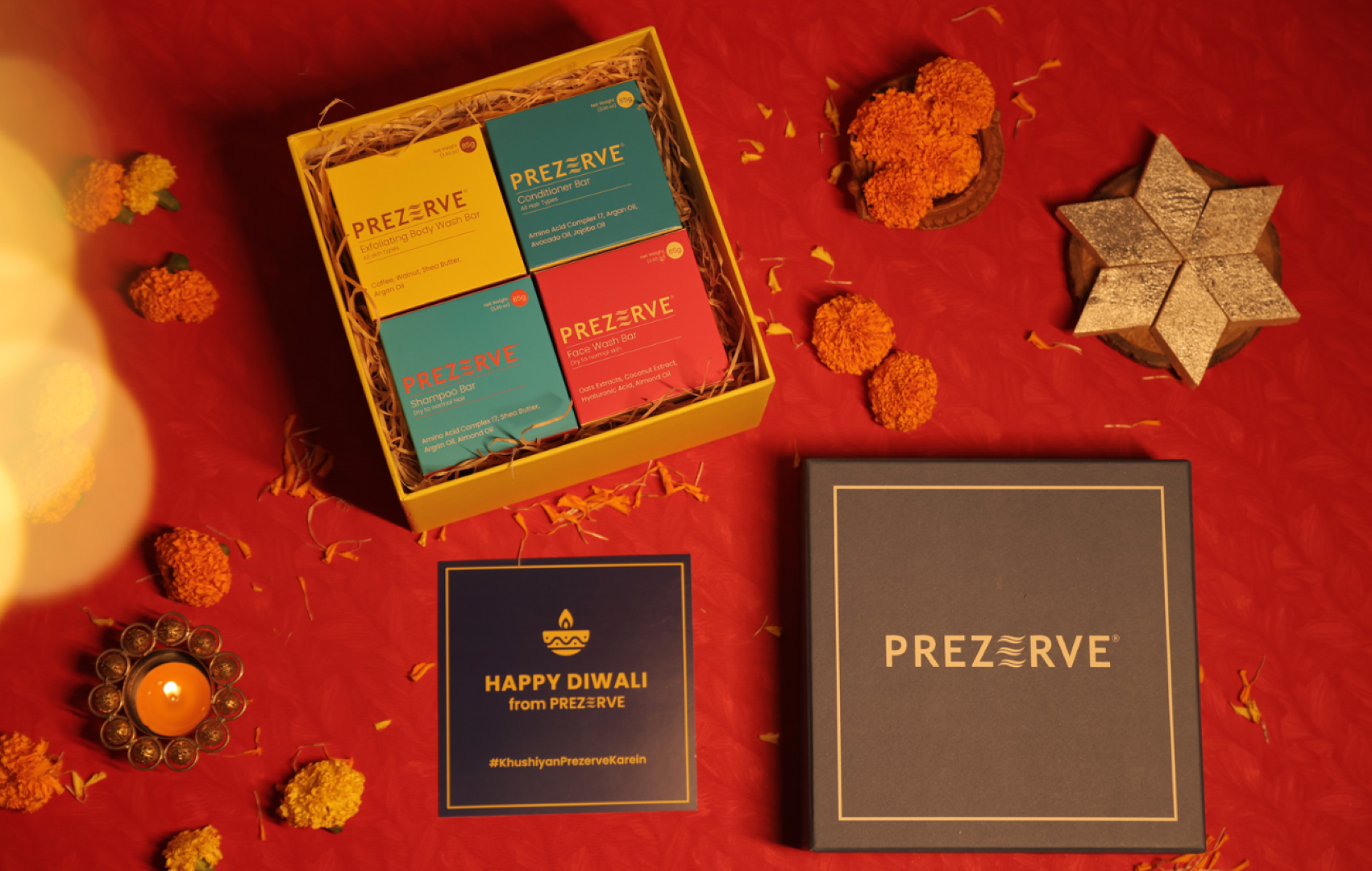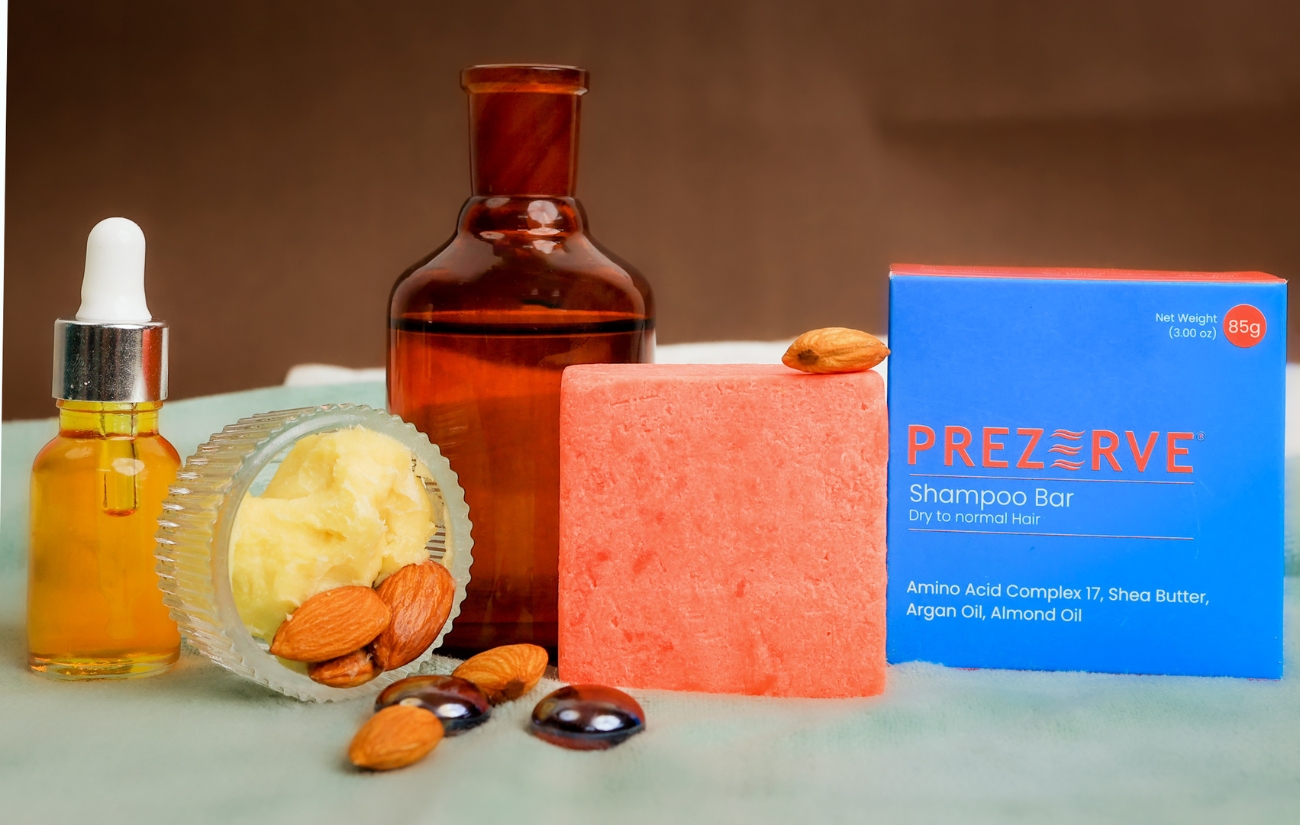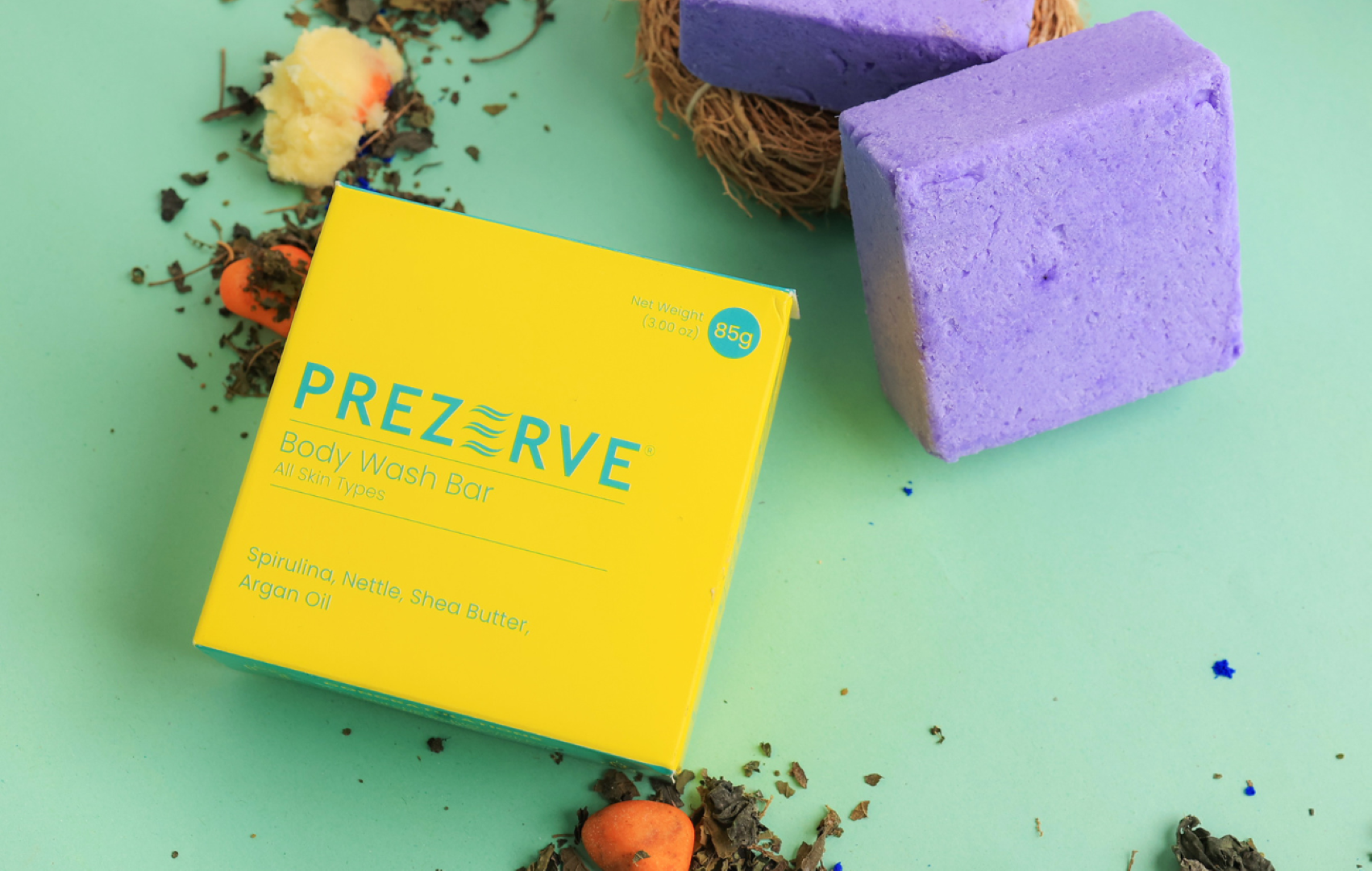The beauty industry's reliance on plastic has long-term adverse environmental effects. It is time to say no to plastic and embrace clean and conscious beauty products.
Should Beauty Industry Go Plastic Free?
Plastic is everlasting, so going plastic-free is all the rage these days. Every piece of plastic created up to this point is still around in some capacity. Undoubtedly, there is such a thing as a "Plastic-free and clean beauty day."
Over 120 BILLION UNITS of packaging are produced by the beauty sector annually worldwide. Most of these are single-use plastic items – bottles, caps, pumps, and lids. This packaging is often disposed of in landfills and oceans.
Even if we wanted to recycle the plastic in our bathrooms, only 9% of plastic ends up in a recycling facility. Approximately 95% of cosmetics packaging is discarded as single-use plastic. In general, only 9% of all plastic waste has been recycled, 12% has been burned, and the remaining 80% ends up in landfills or pollutes the environment.
If we factor in microplastics, the issue grows worse. The cosmetic sector uses 8.700 tonnes of microplastics annually in the EU alone, and 3.800 tonnes are thought to escape into the environment yearly. The contamination caused by microplastics is far worse because it is so difficult to remove. The harm is permanent.
Beauty Industry's contribution to plastic
There are several more plastic materials used in beauty products. Take the packaging for many hair- and skin-care products, for instance. From the thin cellophane wrapping on so many boxes to the liners that attest to the product's seal to the plastic bottles and caps in which they are packaged, plastic is an essential component of the experience of a beauty consumer.
Presence of microplastics in beauty products
Have you ever wondered what those little glittering beads in your toothpaste, face wash, scrub, nail polish, lotion, shaving cream, and other beauty and personal care items were for? They are both, directly and indirectly harming the consumers. Microbeads, categorized as microplastics, are present in some of these goods.
Plastics smaller than 5 millimeters are referred to as microplastics. The size of the microbeads used in cosmetic products is under 1 millimeter. According to test results, microplastics were present in 50% of the face wash products and 67% of the facial scrubs.
In toothpaste, tiny plastic particles can cling to the gums and trap germs that can cause gingivitis. Over time, the infection may also spread from the gum into the bone that supports the teeth, causing gum bleeding. Face wash microbeads can cause microscopic tears in the skin, allowing bacteria to enter and contribute to dark spots and skin aging.
Beauty and personal care are moving towards a more conscious, clean approach.
Personal care and cosmetics consumers have become more informed and careful in purchasing decisions. People want to know far more about what's in their products and how and why ingredients operate since digital technology makes it simpler to conduct research and get information. Broader issues related to the environment, health, and society are also becoming more critical when making decisions.
Globally and in India, beauty brands are moving towards a more and more environment-friendly approach to making plastic-free beauty products. Packaging trends are shifting – minimal packaging, recycled paper-based packaging, glass, and metal bottles, solid beauty products, and refillable bottles. Beauty retailers worldwide are moving towards minimizing waste products and plastic-neutral policies.
Clean Beauty: It is a trend about transparency, ethical, natural skincare, and clean and conscious personal care. It is motivated by a desire for more authentic and socially responsible ways of living and consuming.
In the quest for Conscious Beauty Care, we may anticipate that elements of both of these movements will gain more converge. People still want effective, high-quality cosmetics, but more and more, we also want to feel good about our decisions and our looks. Let's say no to plastic and create a better future!
Let’s understand that beauty for ourselves does not need to come at the cost of the environment. We can change this, one small step at a time. Say no to plastic packaging, say no to banned plastic, say no to single-use plastic items.
Prezerve is on a quest to ensure we can care for ourselves, our skin, and our hair without causing any extra environmental damage. We are rewriting the narrative for beauty and personal care by making 100% plastic-free products – from our manufacturing to product packaging to shipping. We do not create any new plastic and ensure that the efficacy of our beauty and personal care products is not limited by using a single-use plastic bottle.
Solid beauty: The trend of solid and waterless beauty products is here to stay. These products do something relatively simple; they eliminate the water in liquid beauty and personal care products –up to 70% of the product formulation.
Removing the water content makes the product solid and does not need a plastic bottle to store it! This does not mean that the product efficacy is compromised. You still get all the good stuff – the excellent foaming, the cleansing action, all the unique natural oils and butter, but you do away with the unnecessary packaging.
What you do away with is the plastic bottle. What you eliminate from your bathroom is the unnecessary clutter that sits on your shower shelf and gets thrown away. So say bye to plastic, the bottle, and pick a solid beauty product.

